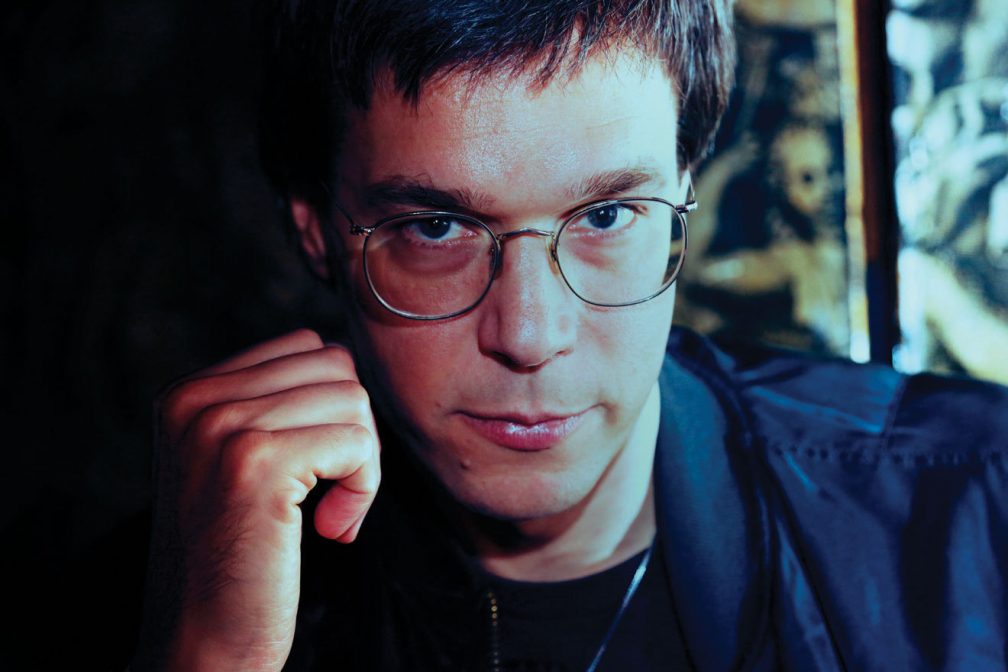
Label Focus: Hypercolour
From putting out mates’ records to becoming a world-class house and techno label in 10 years
“An expensive hobby” is how Hypercolour’s Jamie Russell and Alex Jones describe the label they set up in 2006, using all of their spare cash to release their friends’ records. Releases by Shenoda, Tom Demac, Glimpse and Alex himself were some of the first on the label – but it wasn’t until the success of Maya Jane Coles’ ‘Hummingbird’ that the pair contemplated having to actually pay their artists. Hypercolour took years to turn itself into what they would classify as a ‘proper label’, working things out as they faced them. But they’ve now put out releases from high-profile producers like Laurent Garnier, Groove Armada and Luke Vibert. They also have their own show on Rinse FM every Friday night, as well as a few sub-labels in the guise of Glass Table, Hype_LTD and Losing Suki. And Hypercolour has released a huge variety of music, ranging from the sample-heavy disco of Kerrier District to the bubbling melodies of Roman Flügel (pictured), becoming one of the most consistent and reliable house and techno labels of the last decade.
Label co-founder: Jamie Russell
How did the label begin?
Alex [Jones] and I were mates DJing around London and Alex was making music. He was sending a lot of demos out, not getting much joy, and we said we should do it ourselves. A few other friends were experiencing similar scenarios. It became a hub for friends and an opportunity to put out music we believed in.
How did you guys meet?
I was running a party called Playground and my friend told me I needed to book Alex. I used to get away without paying him any money so I continually booked him, and we struck up a friendship.
How seriously did you take it in the beginning?
We all had jobs. I was doing corporate recruitment and Alex was doing graphic design for flyers. We never had huge expectations.
We were all living in the moment, all DJing, all slightly overindulging in going out. In the last few years we became a bit more grown up about things and started turning into a proper record label.
When do you think people took notice of the label?
The first time I remember the label garnering some wider attention was when we put out the second Kris Wadsworth release, which was ‘Mainline’. It’s a simple record that got some amazing responses. We felt that people actually did take an interest in the music we’re interested in.
Is there a particular ethos to the music you want to release?
Not to be bound by one thing. There was a point where people couldn’t follow us as a guaranteed source of a particular sound, and I think the reason people like Laurent Garnier, Roman Flügel and Luke Vibert have done records with us is because they respect that.


